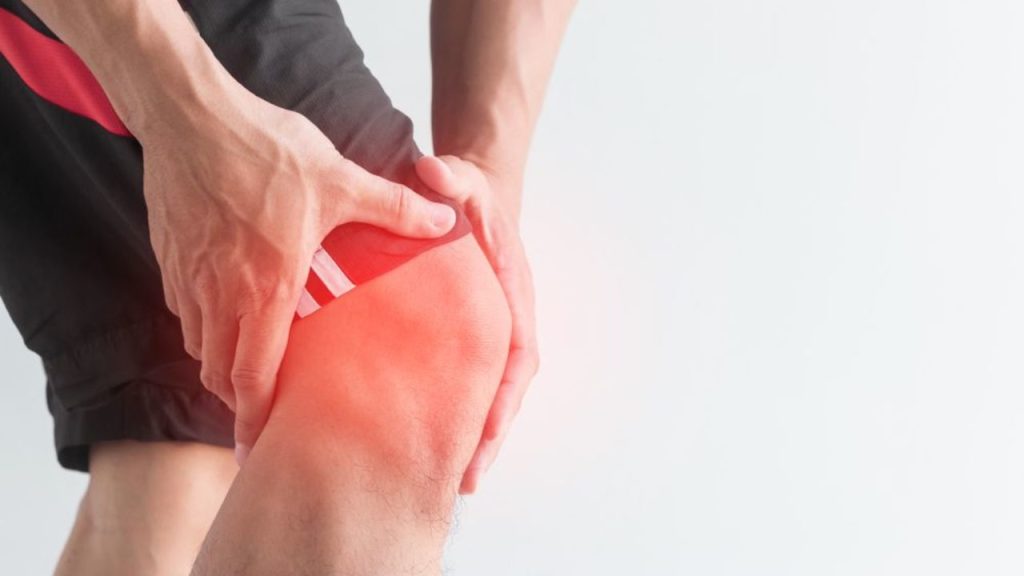Of course, there was a time in our life when we have experienced excruciating pain in a specific part of our body, whether it was a headache, body pain, shoulder pain, and much more. We look at a number of different knee pains in this article.
Knee pains significantly affect your balance and movement. Engaging in physical activities becomes extra challenging due to the lingering pain you are feeling in your knees.
You may also lose balance due to the swelling and stiffness of your knee, thus inhibiting your movement.
Types and Classifications of Knee Pain
-
Existing Medical Condition/s – this includes diseases or conditions such as obesity, different types of arthritis (knee osteoarthritis, rheumatoid arthritis), bone cancer, etc.
-
Severe Injuries – this can be dislocations, fractures, tears, etc.
Mechanical Knee Problems Existing Diseases or Medical Condition/s
Rheumatoid Arthritis
Since rheumatoid arthritis targets your immune system, it causes your joints to swell or inflame.
If not addressed promptly, the discomfort can progress from mild to severe, compromising the overall health of your knees.
Knee Osteoarthritis
Knee osteoarthritis usually happens when your knee cartilage, a soft and smooth tissue found in between the end of your joints in the knees, starts to degenerate. It leads to severe pain in your knees.
Obesity
Being obese significantly affects the knee joints. This also increases the possibility or risk of osteoarthritis since it deteriorates the joints found in the knees.
Severe Injuries
Sprain/Torn Ligament
This type of injury is prevalent in athletes. Examples of a torn ligament injury are Anterior Cruciate Ligament (ACL) injury in which your ACL is torn or overstretched, and a Medial Collateral Ligament (MCL) injury.
It is where a ligament found inside your knee is also wholly or partially torn or overstretched. Both of these injuries result in lingering pain and swelling in your knees, affecting your mobility or ability to move freely.
Knee Bursitis
Knee bursitis, or knee effusion, is a type of overuse condition or injury that causes the bursa found between the knee’s end joints to swell or inflame, thus showing signs of redness and swelling and acute pain in the exterior part of your knees.
Fractures and Dislocations
There are a lot of common fractures and dislocations in the knee that lead to excruciating pain. A dislocated kneecap (patella) is a type of dislocation injury in which your kneecap slides out of its original and proper position. Meanwhile, a fractured kneecap is an injury with an evident crack found in your kneecap, which can be possibly due to blunt force trauma.
Chiropractic Therapy for Knee Pain
-
The chiropractor can treat knee pain without using prescription medications or surgical procedures.
-
Chiropractors take the time to identify the root causes of knee pain. Instead of treating the symptoms on the surface, a chiropractor wants to treat the symptoms and the underlying issue. This prevents problems from returning in the future.
-
A chiropractor will closely examine the knee and use adjustments to ensure the knee joint is in proper alignment. This places the knee in the best position possible to heal.
-
Finally, a chiropractor is also going to leverage ancillary therapies including physical therapy, massage therapy, and more to strengthen the muscles around the knee. This will provide even more support to the knee, preventing the injury from returning in the future.
Falcon Health will assess your condition and offer a variety of possible treatment options.






